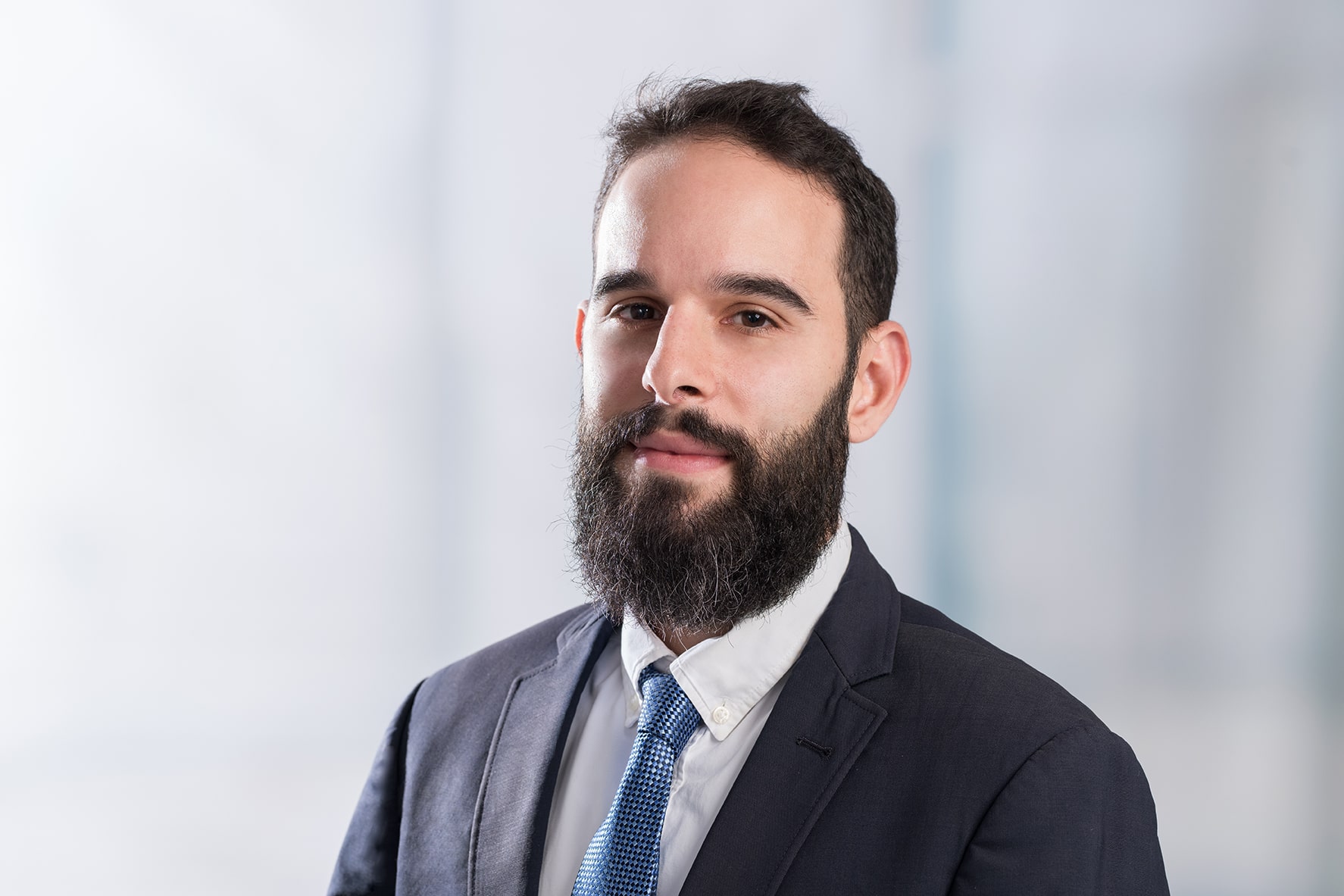By: Ramzi Darwish, Head of Kingdom of Saudi Arabia, Savills
As the world eagerly anticipates November 28th of this year, which will mark the day of the announcement of the host city of World Expo 2030, Riyadh’s bid captures the attention of nations and global organisations. The Saudi capital competes with two other candidates for hosting the exhibition, which include Busan in Korea and Rome in Italy.
Vision 2030 is by extension transforming the Kingdom into an ideal location to host the World Expo.
With one of the main objectives being economic diversification, Saudi Arabia is steadily moving away from its reliance on revenue from hydrocarbons to develop other sectors such as tourism, hospitality, entertainment, mining, and financial services, to name a few. The launch of giga-projects has attracted the world’s talent to help build futuristic cities like no other, that aim to house leading organisations and become home to an expanding population base. To make all of this run smoothly, infrastructure is a massive focus for the government, with multi-billion-dollar projects already underway, including the Riyadh Metro, King Salman International Airport, and expressways between the capital and other key cities such as Dammam.
Hosting the exhibition would help Saudi Arabia showcase its transformative journey and display its progress and ambitions on a global scale, which aligns with the vision of the Saudi leadership. Further, it would help strongly set the foundation for Vision 2040, enabling the continuous evolution of the Kingdom and the region for years to come. The non-oil sectors’ contribution to the Kingdom’s GDP has even led the Saudi economy to achieve unprecedented growth rates recently – according to the Organisation for Economic Co-operation and Development, Saudi achieved the highest growth rate in 2022 and 2023 among the G20 group of countries.
Being the Expo 2030 host would further solidify the country’s position as a regional and international hub for commerce, culture, innovation, and an opportunity unlike any before to attract more global and regional investment and thrive beyond the oil-reliant economy. Riyadh’s successful bid to host Expo 2030 with a budget of $7.8 billion set, the recent announcement of hosting the FIFA World Cup 2034, and the recently-introduced single unified GCC tourist visa are all solid testaments to the country’s ambitions to revolutionise the local economy into a global one, powered by innovative and eco-friendly designs, smart city solutions, and new standards set for urban living. This in turn will boost tourism, create more job opportunities, and attract new talent to relocate to Saudi Arabia, thus boosting the property market, raising demand for existing properties, and dictating new developments for residential, office, and industrial spaces.
Ensuring that the momentum of its transformation is maintained, Riyadh has recently announced that it has committed $1 trillion in investments in the next seven years to double in size and achieve global city status by 2030. These investments will be in energy, transportation, logistics, clean energy, and technology. The country has also embraced a new non-oil-dependent economy by investing in key sectors like tourism, logistics, manufacturing, and renewable energy.
Saudi Arabia is already making great strides in its expansion, and this bid to host Expo 2030 in Riyadh has the potential to elevate the nation’s international standing and bring the capital a step closer to being in the top ten largest city economies in the world.

